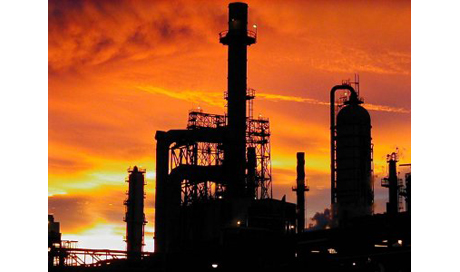
The 100,000 barrel first shipment of gasoline South Korea's state-run Korea National Oil Corp. bought Monday to supply directly to discount fuel stations was purchased from China's state-owned PetroChina, South Korea's energy ministry said Friday.
PetroChina submitted the lowest offer in its tender to secure the parcel, said Ministry of Knowledge Economy, which is responsible for energy, industry and commerce.
The Chinese fuel will be tested to ensure it meets South Korea's environmental standards and is scheduled to reach Ulsan port by the end of this month, the ministry said.
KNOC said Monday it had bought its first shipment of gasoline to supply directly to discount fuel stations as it tries to curb rising domestic retail fuel prices, but declined to disclose the seller. The energy ministry said Friday it was PetroChina. Both the ministry and KNOC declined to disclose pricing details.
This is the first time KNOC has purchased oil products from China. South Korea's private sector imported 2.9 million barrels of Chinese oil products in the first eight months of 2012, out of a total 194.5 million barrels the country imported in the period.
The shipment is part of KNOC's plan to import 200,000 barrels of gasoline this year to supply directly to discount fuel stations. It plans to hold another tender soon to buy the other 100,000 barrels.
The gasoline will be distributed to discount retail stations that sell auto fuel at levels below those of refinery-controlled pump stations.
The South Korean government began setting up the discount fuel stations early this year in a bid to weaken market domination by the country's four refiners. There are now more than 700 across the country, accounting for 5% of the domestic fuel market, with plans to increase this to 10% by 2015.
The country's four refiners -- SK Innovation, GS Caltex, S-Oil and Hyundai Oilbank -- dominate the local oil market through supply contracts with the country's 13,000 retail fuel stations.